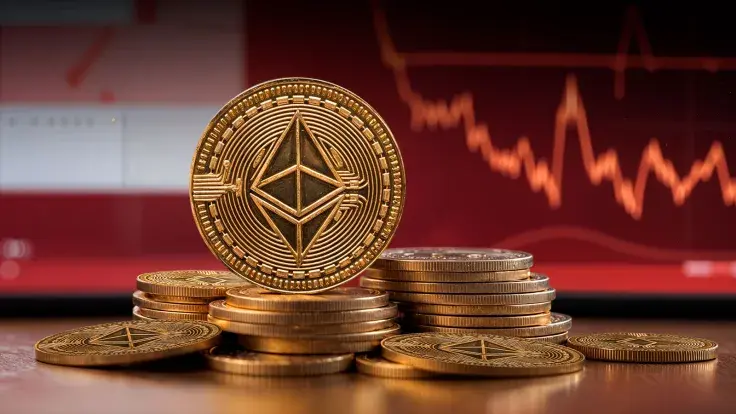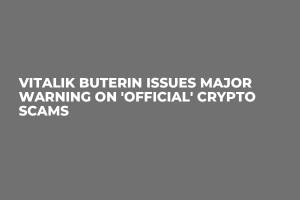
According to data provided by Scam Sniffer, a victim recently parted ways with $1 million worth of crypto after copying a fraudulent address from a contaminated transfer history.
The rule of thumb is to never use one's transfer history as a reference when making a crypto transfer.
As reported by U.Today, a similar incident occurred in May. Back then, a trader lost a staggering $68 million worth of wrapped Bitcoin (wBTC) by copying and pasting the wrong address from their transaction history.
These are some of the examples of address poisoning scams. This attack vector relies on user haste and inattentiveness.
Fraudsters use a vanity address generator in order to create addresses that are very similar to those of their potential victims. After sending a transaction of negligible value to the victim's wallet, scammers hope that he or she will be negligible enough to inadvertently copy it one day.
Hence, users are always recommended to double-check their addresses. Even if a potential victim receives a fraudulent transaction, they can, of course, keep using an account with a contaminated transfer history. The account itself remains safe unless the victim is also careless enough to share the 24-word recovery phrase. However, it is important to avoid any interactions with suspicious transactions.
It is worth noting that address poisoning shams can affect any account-based blockchain. However, the users of such blockchains as Binance Smart Chain (BSC) have to be extra vigilant since such networks typically attract more scammers due to relatively low fees.


 Dan Burgin
Dan Burgin U.Today Editorial Team
U.Today Editorial Team